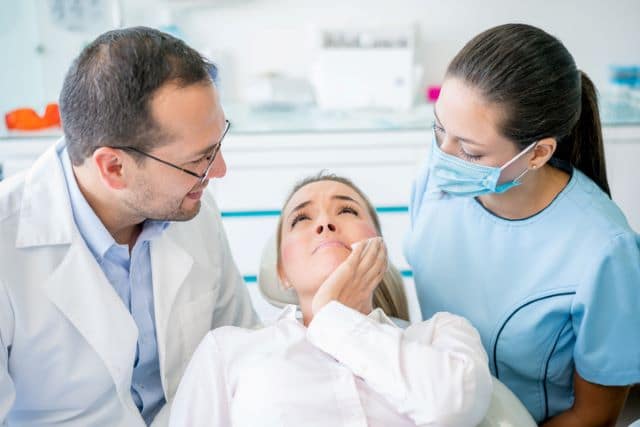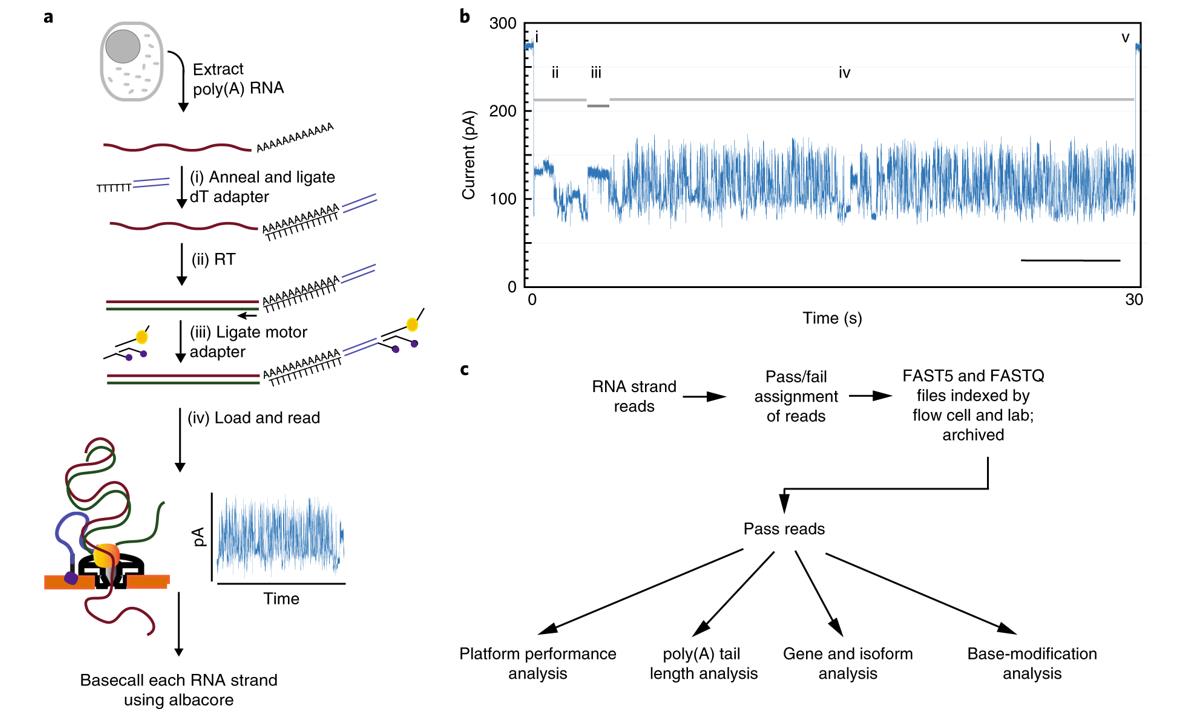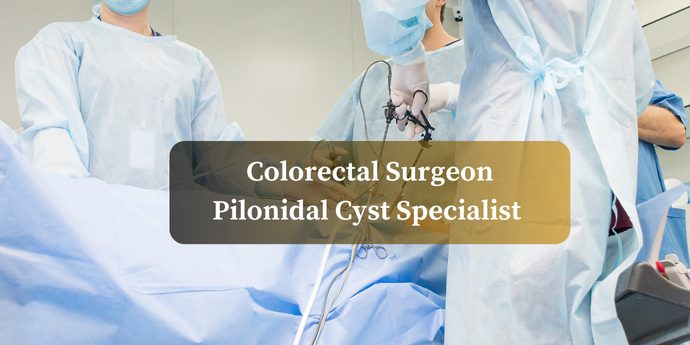Dental emergencies can happen when you least expect them, causing pain and discomfort that needs prompt attention. In Aberdeen, emergency dental treatment is readily available to address urgent dental issues and provide quick relief. Whether you’re dealing with a severe toothache, a knocked-out tooth, or any other Emergency Dental treatment Aberdeen, knowing what to do and where to go can make all the difference.
Understanding Dental Emergencies
A dental emergency is any situation where immediate care is required to relieve pain, stop bleeding, or save a tooth. Common dental emergencies include:
- Severe Toothache: A sudden, intense toothache can be a sign of an infection or decay that needs urgent treatment.
- Knocked-Out Tooth: If a tooth is knocked out, immediate action can help save the tooth.
- Broken or Chipped Tooth: A broken or chipped tooth can cause pain and sensitivity, especially if the nerve is exposed.
- Lost Filling or Crown: Losing a filling or crown can leave a tooth vulnerable to damage and infection.
- Abscess: A dental abscess is a serious infection that needs prompt treatment to prevent the spread of infection.
- Bleeding Gums: Excessive or persistent bleeding from the gums can be a sign of an underlying issue that requires emergency care.
What to Do in a Dental Emergency
Knowing how to handle a dental emergency before you reach the dentist can help reduce pain and improve the chances of saving a tooth. Here are some steps to take in common dental emergencies:
1. Severe Toothache
If you’re experiencing a severe toothache, rinse your mouth with warm water to clean the area. Use dental floss to remove any food particles that may be causing the pain. Avoid placing aspirin or any painkillers directly on the gums, as this can burn the tissue. Contact your dentist as soon as possible for an emergency appointment.
2. Knocked-Out Tooth
If a tooth has been knocked out, try to place it back in its socket without touching the root. If that’s not possible, store the tooth in a container of milk or saliva until you can see a dentist. The sooner you receive treatment, the better the chances of saving the tooth.
3. Broken or Chipped Tooth
Rinse your mouth with warm water to clean the area and save any pieces of the tooth. If there is bleeding, apply gauze to the area for 10 minutes or until the bleeding stops. Use a cold compress on the outside of your mouth to reduce swelling and pain. Contact your dentist immediately.
4. Lost Filling or Crown
If a filling or crown has come loose, try to save it and contact your dentist right away. In the meantime, you can use dental cement, available at most pharmacies, to temporarily cover the exposed area. Avoid chewing on that side of your mouth until you can see your dentist.
5. Abscess
A dental abscess is a serious condition that requires immediate attention. Rinse your mouth with a mild saltwater solution several times a day to help draw the infection to the surface. Contact your dentist right away for an emergency appointment.
6. Bleeding Gums
If your gums are bleeding excessively and it doesn’t stop with gentle pressure, rinse your mouth with warm water and apply a cold compress to the outside of your mouth. Seek emergency dental care as soon as possible to determine the cause.
When to Seek Emergency Dental Treatment
Not all dental issues require emergency care, but certain situations should not be ignored. If you experience any of the following, it’s important to seek emergency dental treatment in Aberdeen:
- Severe pain that doesn’t go away with over-the-counter pain relief.
- Persistent bleeding from the mouth.
- A tooth that has been knocked out or severely damaged.
- Signs of infection, such as swelling, fever, or pus.
- A dental abscess, which can lead to more serious health issues if left untreated.
Emergency Dental Services in Aberdeen
In Aberdeen, emergency dental services are available to provide prompt care when you need it most. Many dental practices offer same-day appointments for emergencies, ensuring you don’t have to wait long for relief.
When you contact a dentist for an emergency appointment, explain your symptoms clearly so they can prioritise your care. If you’re unsure whether your situation qualifies as an emergency, it’s always better to err on the side of caution and seek advice from a dental professional.
Preventing Dental Emergencies
While some dental emergencies are unavoidable, many can be prevented with proper care and precautions. Here are some tips to help reduce the risk of a dental emergency:
- Maintain Good Oral Hygiene: Brush your teeth twice a day, floss daily, and visit your dentist regularly for check-ups and cleanings. Good oral hygiene can help prevent decay, infections, and gum disease that could lead to emergencies.
- Wear a Mouthguard: If you participate in contact sports or activities where there’s a risk of injury to your mouth, wearing a mouthguard can protect your teeth from being knocked out or damaged.
- Avoid Hard Foods: Chewing on hard foods like ice, popcorn kernels, or hard sweets can crack or chip your teeth. Be mindful of what you eat to avoid unnecessary damage.
- Don’t Use Your Teeth as Tools: Using your teeth to open packages, bottles, or cut things can lead to fractures or chips. Always use the appropriate tools instead.
Cost of Emergency Dental Treatment
The cost of emergency dental treatment in Aberdeen can vary depending on the severity of the issue and the treatment required. NHS emergency dental care is available and may be covered under the standard NHS dental charges, which are divided into bands. Private dental practices may have different pricing, so it’s a good idea to discuss costs with your dentist when seeking emergency care.
Conclusion
Emergency dental treatment in Aberdeen is essential for addressing urgent dental issues quickly and effectively. Whether you’re dealing with a severe toothache, a knocked-out tooth, or any other Cove Dental , knowing what to do and where to go can provide peace of mind and ensure you receive the care you need.




